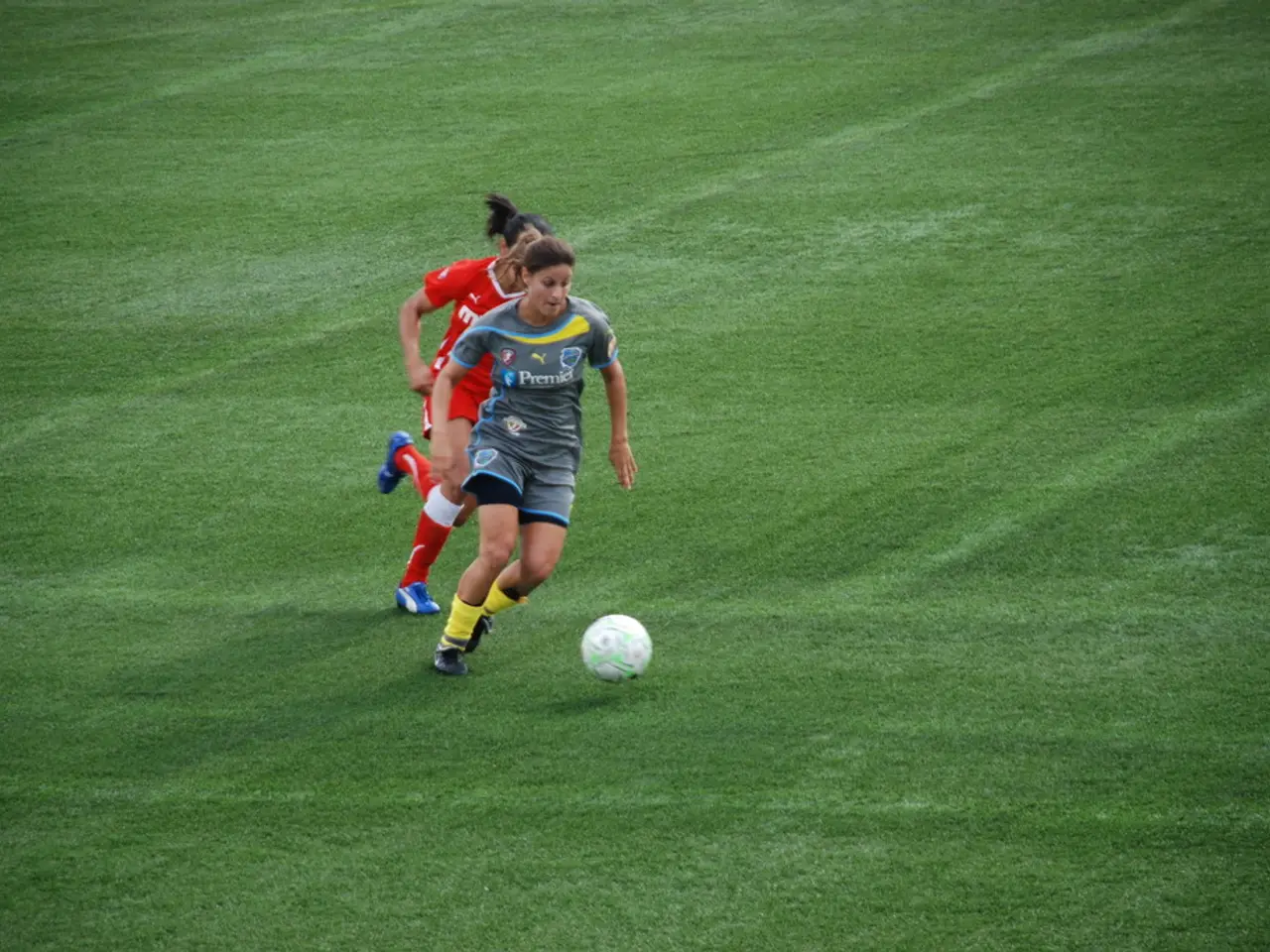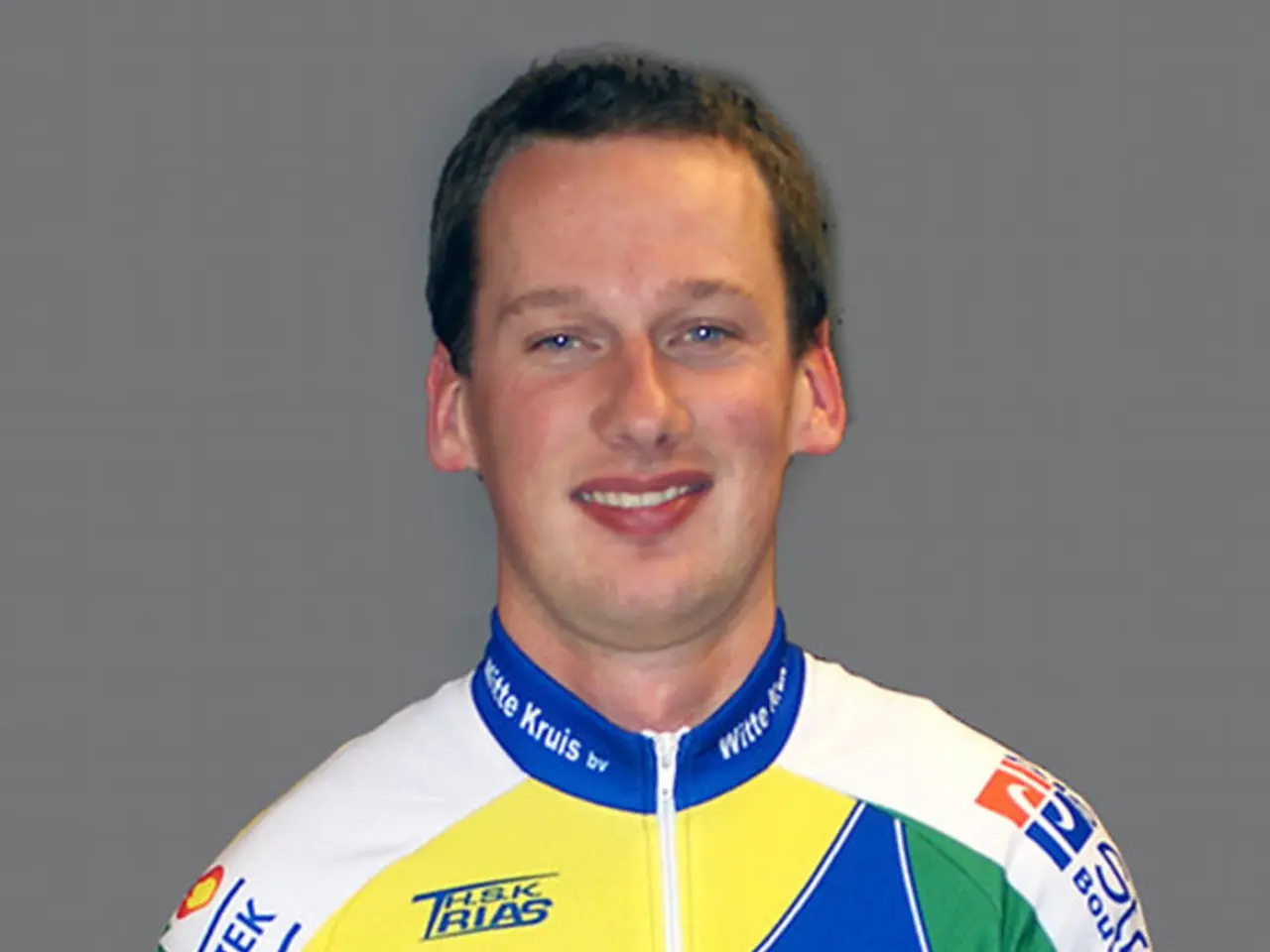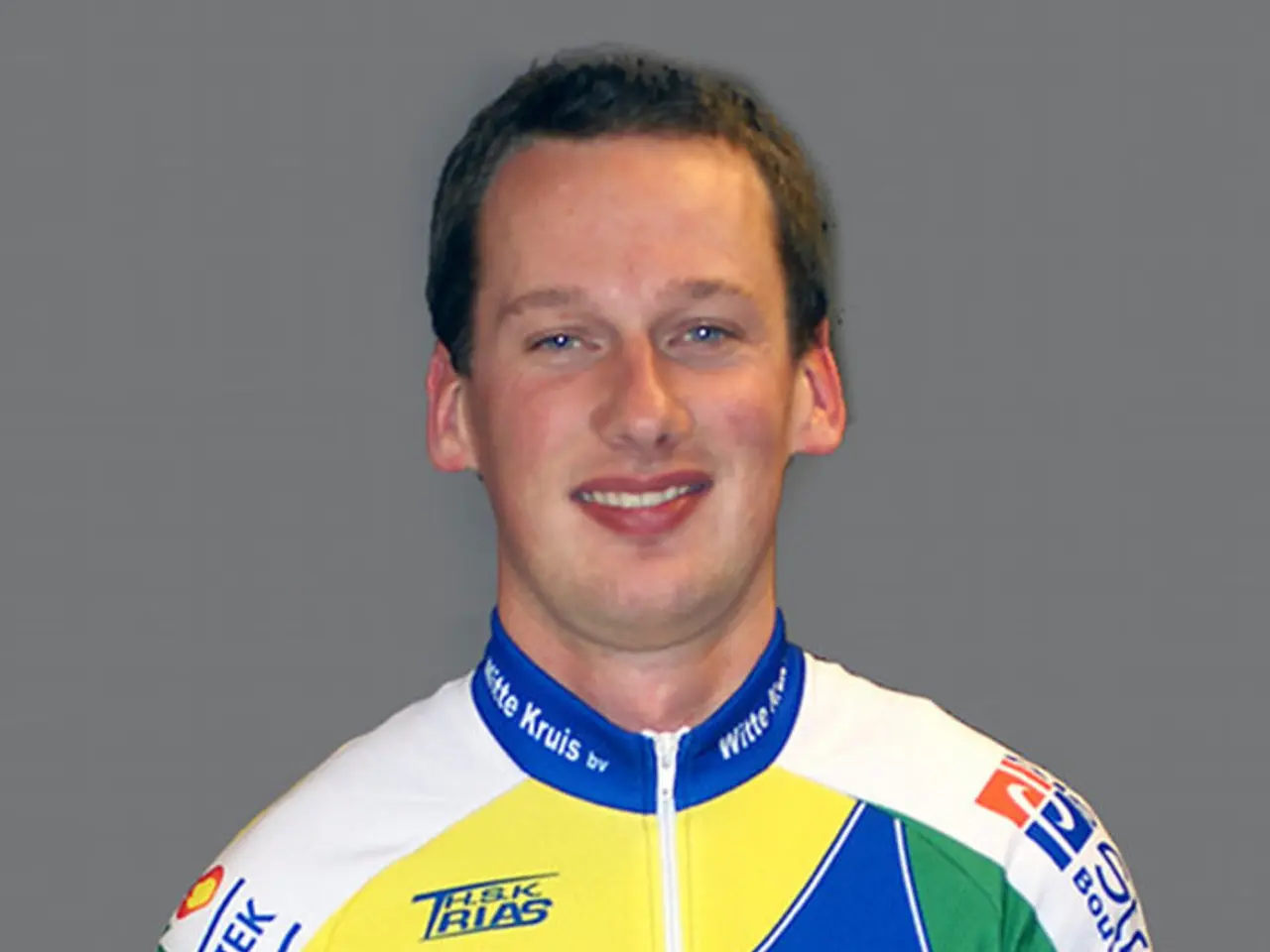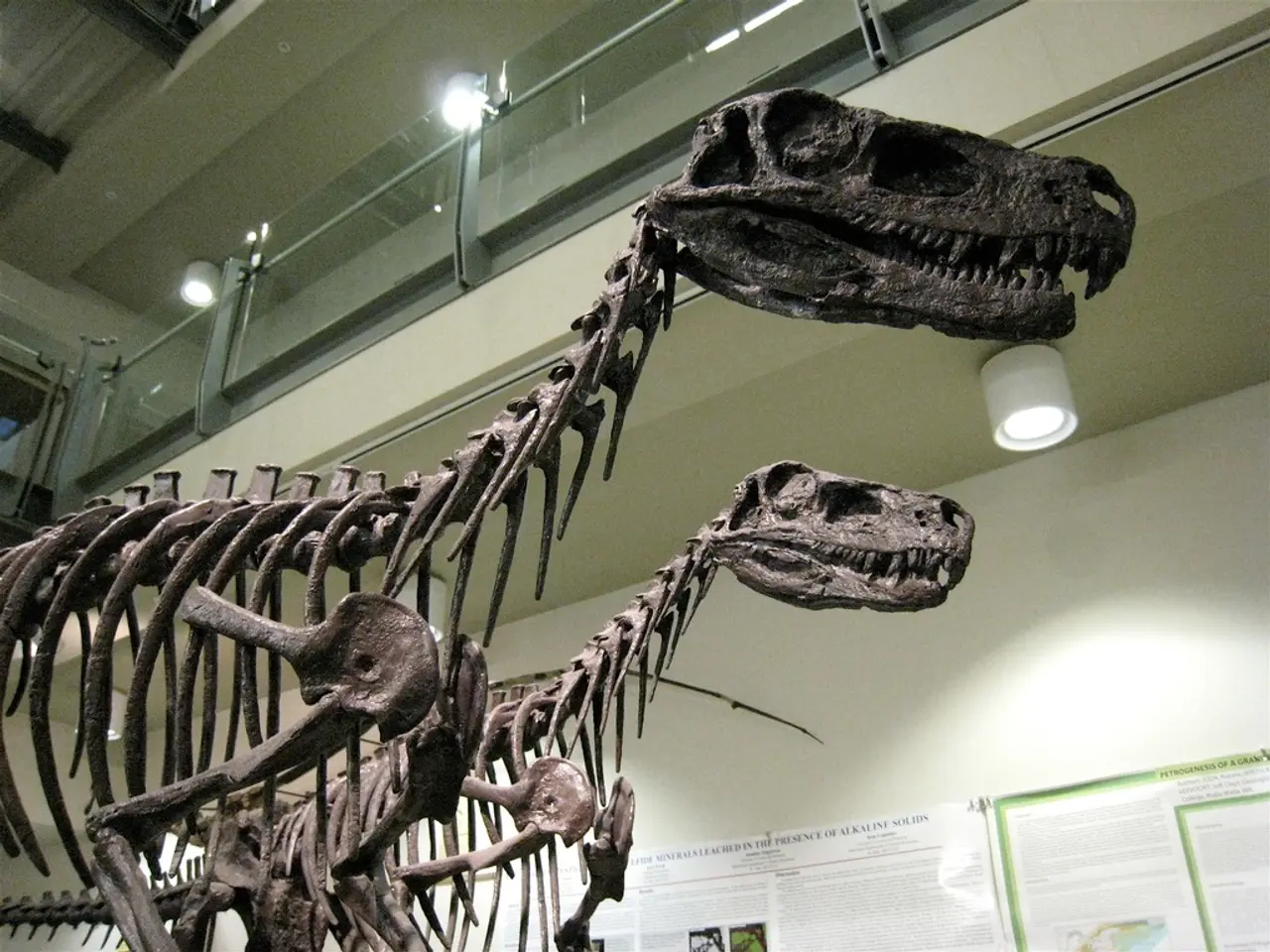Insulting Incident in Icelandic Linguistic Area
Iceland's women's football team is gearing up for the European Championship, marking their fifth consecutive qualification for the tournament. This success story can be traced back to a combination of strategic player development, inspiring leadership, and a commitment to professionalism.
One of the key factors behind Iceland's success is the early identification and nurturing of talent. Glódís Perla Viggósdóttir, a Bayern Munich star and Ballon d'Or nominee, was recognised for her exceptional talent at the tender age of 14. Her rapid progression through the youth ranks, guided by a structured approach, is a testament to Iceland's commitment to talent development.
Leadership and role models have also played a significant role in Iceland's rise in the women's game. Players like Edda Garðarsdóttir have provided quiet but impactful leadership, influencing younger players with their technical skill and vision.
The women's game in Iceland is rapidly developing, with more matches and higher intensity. To adapt, the teams have improved their training and competitive readiness, despite specific research on training load and recovery remaining limited.
Resilience on the international stage is another hallmark of Iceland's women's football. Despite recent setbacks, such as losing matches in the UEFA Women’s Euro finals, the teams consistently qualify for major tournaments and compete strongly against higher-ranked teams, indicating a persistent high level of play and competitive spirit.
Breidablik, a club with around 1700 youth members, including 600 girls, is a hub of this success. The club's heated artificial turf, the size of a standard football field, has produced six players who are currently part of the Icelandic national team. Breidablik's membership fees are relatively low, and the club provides solutions for families who can't afford the fees.
Glóðís Perla Viggoðóttir, the captain of the Icelandic national team, is currently participating in a training camp for around 250 girls in a suburb of Reykjavik. Viggoðóttir, who has received several awards in Iceland, including "Sports Personality of the Year", emphasises that no one has to focus only on football.
Sports sociologist Vidar Halldorsson has found that only 40% of Icelandic football fans are interested in the rules and history of the game, with the majority being more interested in the fun of travelling, a sense of belonging, and identification.
The Icelandic Football Association places great value on the qualifications and training of its coaches. This focus on coaching excellence is evident in the development of players like Viggoðóttir.
However, success comes with its challenges. Ulfar Hinriksson, a key figure at Breidablik, is concerned about the impact of the men's national team's success on the overall structure of Icelandic football, specifically the demand for higher bonuses by players.
In 2023, Icelandic footballer Sara Bjork Gunnarsdottir made headlines for legally demanding and receiving compensation for missed wages during her pregnancy, which some media outlets count as part of a series of important protests for women's rights in Iceland.
As the European Championship approaches, Iceland's women's team continues to embody the spirit of resilience and teamwork that has propelled them to the top of European football. Their story serves as a reminder that with the right mix of talent, leadership, and determination, even the smallest nations can make a big impact.
The training camp for young football players in a Reykjavik suburb, led by team captain Glódís Perla Viggósdóttir, is a testament to the importance of sports in Iceland, particularly football, where talent is nurtured and developed from a young age. As Iceland's women's football team gears up for the European Championship, their commitment to talent development is evident, not only in their strategic approach but also in the production of top players such as Viggoðóttir.







